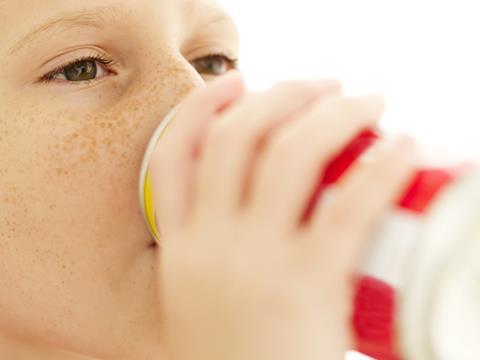
There were renewed calls today to ban the sale of energy drinks to children, after a report claimed to reveal “shocking” levels of sugar, calories and caffeine in products sold in the UK.
A report by Action on Sugar, published in the BMJ Open, said that although the number of products available on the market had fallen from 90 to 59 between 2015 and 2017, manufacturers were being too slow to cut down damaging ingredients.
The energy drinks surveyed showed a 10% reduction in sugar from 10.6g to 9.5g/100ml and a 6% reduction in calorie content per 100ml between the same periods, with manufacturers having started to reformulate ahead of the Soft Drinks Industry Levy, which comes in on 6 April.
Energy drinks hall of shame
The study found that, at 500 ml (twice the standard serving), the typical serving sizes of energy drinks are larger than other sugar-sweetened drinks.
The average sugar content (per serving) in energy drinks in both 2015 and 2017 was more than an adult’s maximum daily recommendation for sugar intake in the UK.
It found 86% of products in 2015 and 78% in 2017 exceeded the maximum daily recommendation for sugar intake for a child aged 7-10 years (24g/day - equivalent to six teaspoons of sugar).
AOS called for larger serving sizes (500ml bottles and cans) to be restricted, while warning labels for caffeine should be kept.
It also said further reductions in sugar, calorie and caffeine are urgently needed, as well as repeating its call for a ban on the sale of energy drinks to children.
The move is supported by among others celebrity chef Jamie Oliver, while last month teaching union the NASUWT also called for a ban, claiming caffeine levels in the drinks made them “readily available legal highs” which contributed to poor behaviour.
Its demands followed a report by academics, seen by the BBC’s 5 Live Investigates radio programme, calling on the government to consider making the sale of the drinks illegal to under-16s, with youngsters in the UK among the highest consumers of energy drinks in Europe.
AOS chairman Professor Graham MacGregor said: “This study illustrates the huge contribution of energy drinks to sugar intake, which is linked to the development of obesity and various types of cancer, as well as type 2 diabetes and rotting our children’s teeth. They are completely inappropriate for children to consume, form no part of a healthy balanced diet, and should be banned for under-16s.”
Gavin Partington, director general at the British Soft Drinks Association, said manufacturers were already acting to make drinks healthier and advise children not to consume the products.
“Energy drinks and their ingredients have been deemed safe by regulatory authorities around the world,” he said.
“As an industry we recognise we have a role to play in helping consumers make informed choices, which is why in 2010 we introduced a voluntary Code of Practice stating that high-caffeine soft drinks should not be promoted or marketed to those under 16.
“In addition to this, the vast majority of product lines offer a low-sugar variant and all energy drinks carry an advisory note stating: Not recommended for children.”


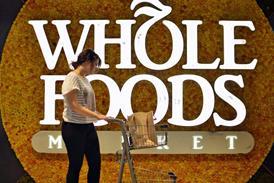
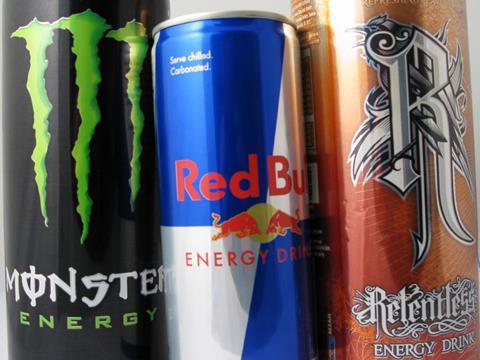
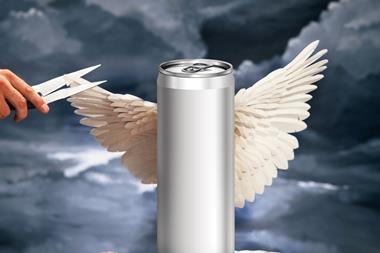
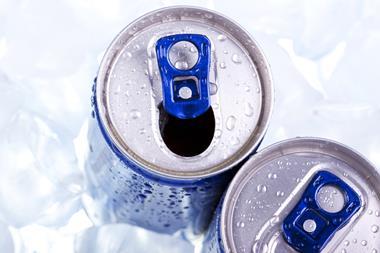
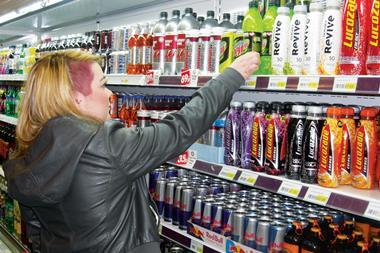
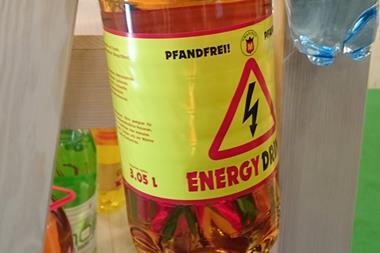
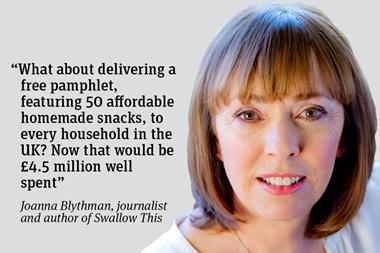
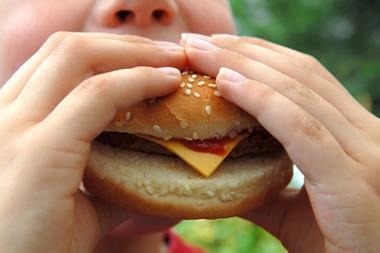
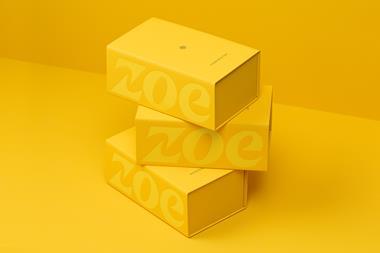
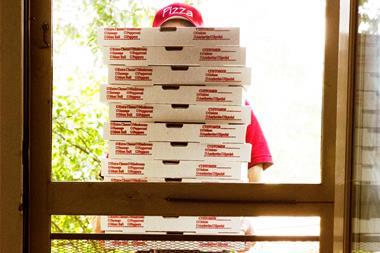
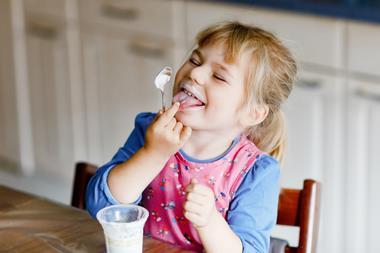
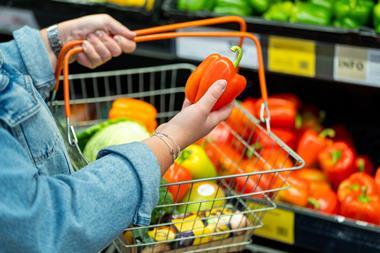
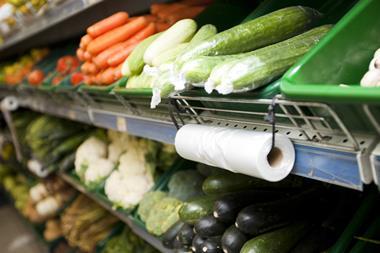
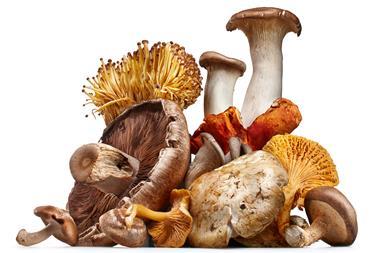
No comments yet